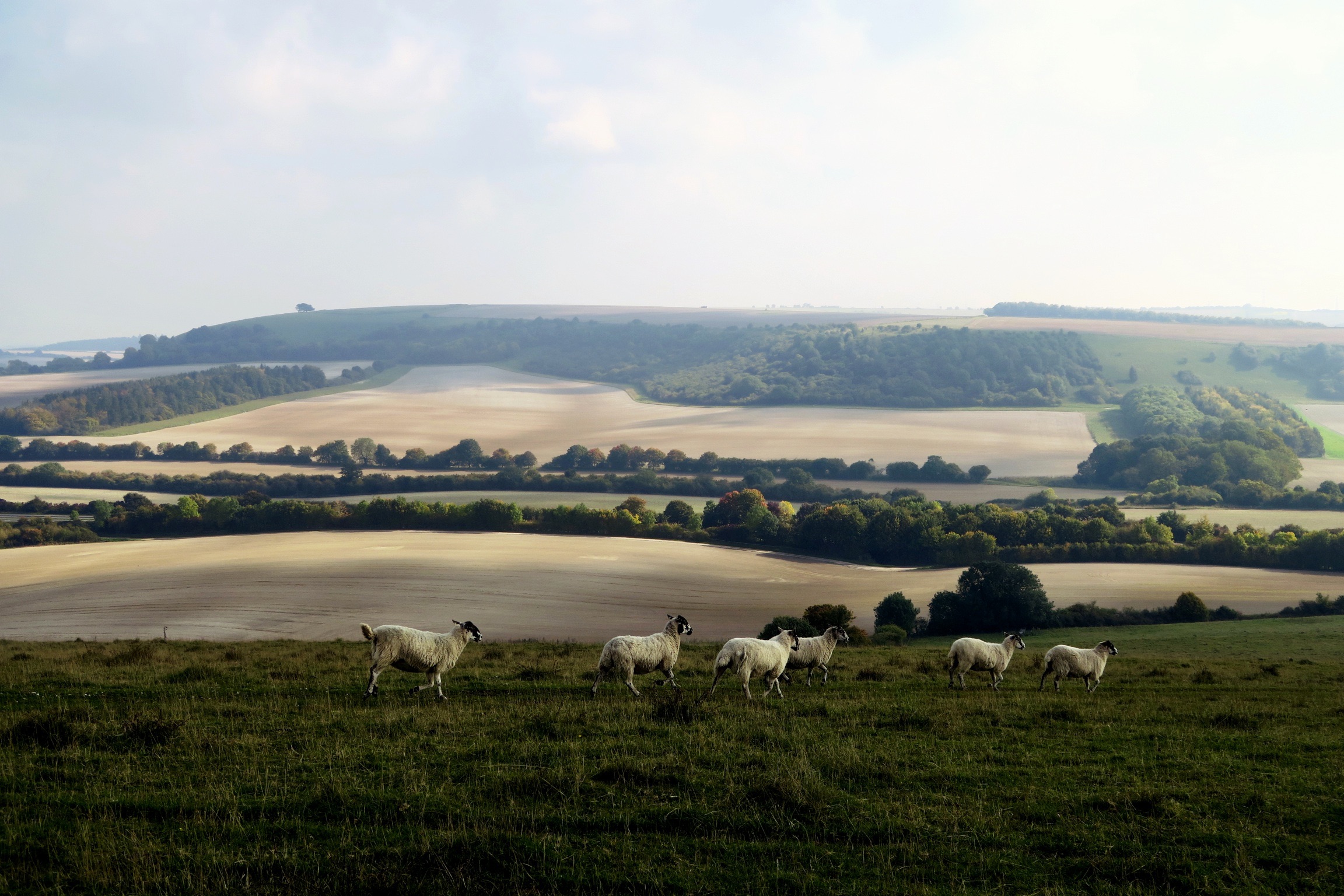
by Jamin Goggin and Kyle Strobel
Importantly, embracing our weakness is not synonymous with self-loathing. We are not called to mope about like Eeyore from Winnie the Pooh, reciting a narrative of failure over our lives. An embrace of our weakness does not negate the truths that we are created in the image of God and are called beloved children of the Father. However, such truths do not override the existence of our weakness. Our weakness is seen in three aspects of our condition. First, as human beings we are created finite and temporal and therefore weak and limited. We are dust, even though we are God’s beloved dust. Second, each of us has unique areas of frailty, incapacity, and weakness, whether physical, emotional, or mental. Third, we are weak because of our sin. We have all sinned and fallen short of God’s glory (Rom. 3:23), and we all continue to experience the “desires of the flesh” (Gal. 5:17–21). In all of this we are called to humbly acknowledge the totality of our weakness and rely wholly upon God for strength. Thus, confessing our weaknesses is not merely about pointing to our failure, but rather about magnifying God’s power. In the words of Paul, “we have this treasure in jars of clay, to show that the surpassing power belongs to God and not to us” (2 Cor. 4:7).
This last point can easily be misunderstood. Because of sin, we are all drawn to autonomy—we are all oriented to independence rather than dependence upon God. Because of this, we will always be tempted to use our strengths (whether they are talents, abilities, or even spiritual gifts) in our own power rather than in reliance upon Christ. Even in our strengths, therefore, where we are most tempted, we need to rely upon God and abide in his love. It is in the areas of our lives where we are most able, the places we think we are strong, where we are most often called into weakness. It is in our strengths where we think we can avoid abiding in Christ, where we sow to the flesh rather than abide by the Spirit. It is in our strengths where we trust our own personal savvy rather than the calling of God. As those called, not in our power but in God’s power, we are called to know our weakness amid our strengths, so that when we try to thrive in sinful autonomy, we turn instead to abiding in Christ and proclaiming to him, “Without you, we can do nothing” (see John 15:5). Power in the Christian life is found in one place and one place alone. In the words of Paul, “For this I toil, struggling with all his energy that he powerfully works within me” (Col. 1:29). It is God’s energy at work within that we must come to embrace; but his energy is not the power to achieve, but the power of dependence and love.
Yet embracing weakness is not simply finding it in our strengths. We are often called into places where all we know is weakness. Many of us parent from this place. The thought of another fight with our three-year-old or another sleepless night feels impossible. Parents confront their weaknesses when they yell at their children, knowing full well that this has more to do with their own hearts than it does with their child, and they are confronted with a deep sort of weakness. I (Kyle) have a job that is constantly pushing me into areas where I don’t feel competent, whether it is a skill-based competence (for example, administration) or a knowledge-based competence (for example, a class topic I don’t know much about). Whether I like it or not, I’m going to be in a meeting or standing in front of thirty graduate students, and I have to choose to rest in Christ’s power or try to assert my own. In one way or another, we are called into weakness; and we are all called into our weakness in the church as well. Most of us don’t feel fully equipped to do the kind of ministry and service we are called to—either in the church itself or when loving our neighbors, serving the poor, and so on. These are calls to embrace our weakness and know the presence and power of Christ.
